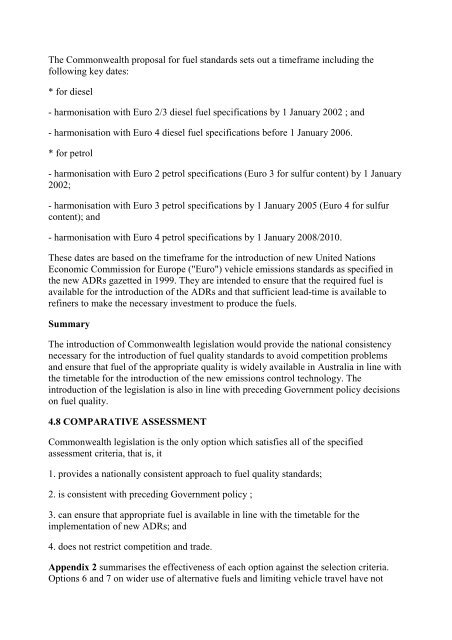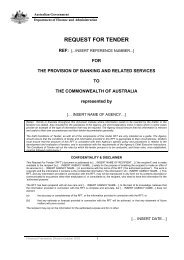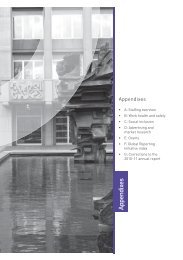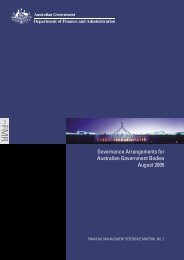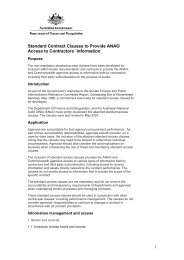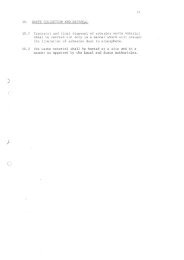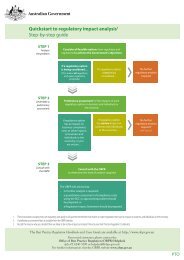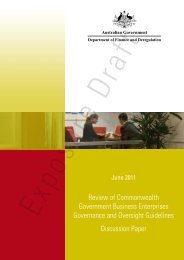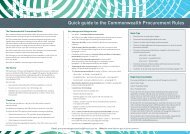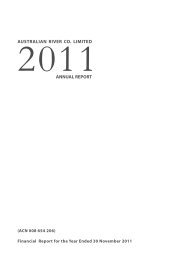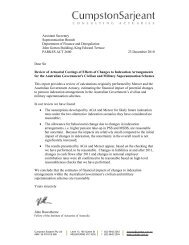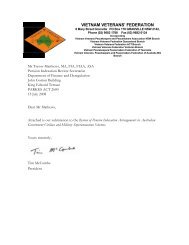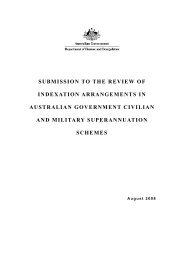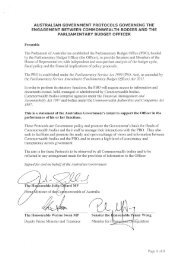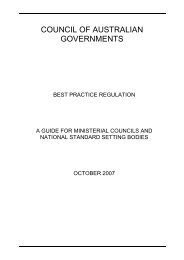National Fuel Quality Standards Regulation Impact Statement 1 ...
National Fuel Quality Standards Regulation Impact Statement 1 ...
National Fuel Quality Standards Regulation Impact Statement 1 ...
You also want an ePaper? Increase the reach of your titles
YUMPU automatically turns print PDFs into web optimized ePapers that Google loves.
The Commonwealth proposal for fuel standards sets out a timeframe including the<br />
following key dates:<br />
* for diesel<br />
- harmonisation with Euro 2/3 diesel fuel specifications by 1 January 2002 ; and<br />
- harmonisation with Euro 4 diesel fuel specifications before 1 January 2006.<br />
* for petrol<br />
- harmonisation with Euro 2 petrol specifications (Euro 3 for sulfur content) by 1 January<br />
2002;<br />
- harmonisation with Euro 3 petrol specifications by 1 January 2005 (Euro 4 for sulfur<br />
content); and<br />
- harmonisation with Euro 4 petrol specifications by 1 January 2008/2010.<br />
These dates are based on the timeframe for the introduction of new United Nations<br />
Economic Commission for Europe ("Euro") vehicle emissions standards as specified in<br />
the new ADRs gazetted in 1999. They are intended to ensure that the required fuel is<br />
available for the introduction of the ADRs and that sufficient lead-time is available to<br />
refiners to make the necessary investment to produce the fuels.<br />
Summary<br />
The introduction of Commonwealth legislation would provide the national consistency<br />
necessary for the introduction of fuel quality standards to avoid competition problems<br />
and ensure that fuel of the appropriate quality is widely available in Australia in line with<br />
the timetable for the introduction of the new emissions control technology. The<br />
introduction of the legislation is also in line with preceding Government policy decisions<br />
on fuel quality.<br />
4.8 COMPARATIVE ASSESSMENT<br />
Commonwealth legislation is the only option which satisfies all of the specified<br />
assessment criteria, that is, it<br />
1. provides a nationally consistent approach to fuel quality standards;<br />
2. is consistent with preceding Government policy ;<br />
3. can ensure that appropriate fuel is available in line with the timetable for the<br />
implementation of new ADRs; and<br />
4. does not restrict competition and trade.<br />
Appendix 2 summarises the effectiveness of each option against the selection criteria.<br />
Options 6 and 7 on wider use of alternative fuels and limiting vehicle travel have not


